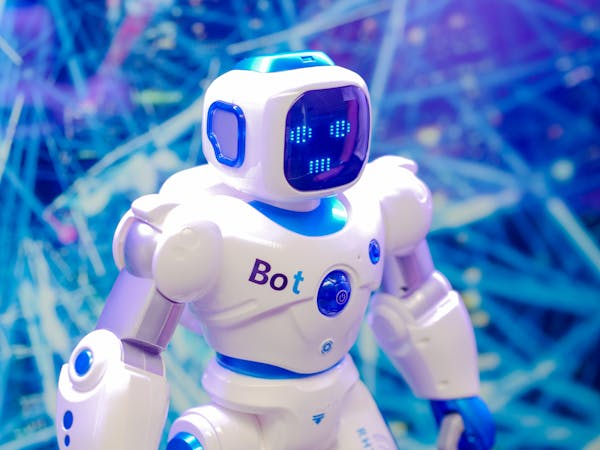In recent years, the fields of artificial intelligence (AI) and robotics have been rapidly advancing, revolutionizing the way we live, work, and interact with the world around us. These technologies have already had a significant impact on various industries, from manufacturing to healthcare, and their potential applications are seemingly endless.
AI and Robotics Advancements
Artificial intelligence has come a long way since its inception in the 1950s. The development of more advanced machine learning algorithms, combined with the increase in computing power, has allowed AI to achieve unprecedented levels of performance in various tasks. AI systems can now recognize images and speech, translate languages, play games, and even drive cars.
On the other hand, robotics has also undergone significant advancements in recent years. Robots have become more intelligent, agile, and versatile, enabling them to perform a wide range of tasks. In the manufacturing industry, robots are now capable of handling delicate tasks that were once only possible for human workers. In healthcare, robots are being used to assist doctors in surgeries and deliver medication to patients.
Future Possibilities
The advancements made in AI and robotics have opened up a world of possibilities for the future. One of the most exciting prospects is the development of self-driving cars, which could revolutionize the way we travel and reduce the number of accidents caused by human error.
AI and robotics also have the potential to transform the healthcare industry. Researchers are working on developing intelligent machines that can diagnose diseases more accurately and efficiently than human doctors. These machines could also be used to monitor patients' health and deliver personalized treatments.
In the manufacturing industry, the use of robots is expected to continue to grow. Robots can work for long hours without getting tired, reducing the need for breaks and increasing productivity. They can also perform tasks that are dangerous or unpleasant for humans, such as working with hazardous chemicals or in extreme temperatures.
AI and robotics also have the potential to transform the way we live in our homes. Smart homes equipped with intelligent devices could make our lives more convenient and efficient. For example, we could have refrigerators that automatically order groceries when supplies run low or lights that adjust to our preferences.
Challenges and Concerns
Despite the many benefits of AI and robotics, there are also challenges and concerns that need to be addressed. One of the biggest concerns is the potential for job displacement. As robots become more capable, they could replace human workers in various industries, leading to significant job losses.
There are also concerns about the ethical implications of AI and robotics. For example, there are concerns about the use of AI in autonomous weapons systems, which could make it easier for nations to engage in warfare. There are also concerns about the potential for bias and discrimination in AI systems, which could have a significant impact on society.
Conclusion
In conclusion, the fields of AI and robotics are advancing at an unprecedented pace, opening up a world of possibilities for the future. These technologies have already had a significant impact on various industries, and their potential applications are seemingly endless. However, there are also challenges and concerns that need to be addressed to ensure that these technologies are used in a responsible and ethical manner.



